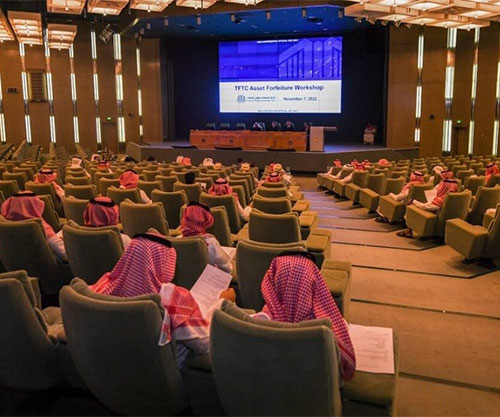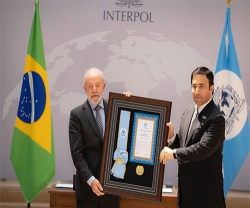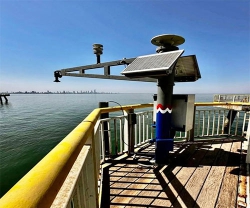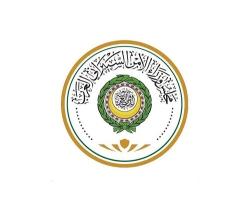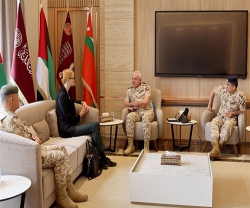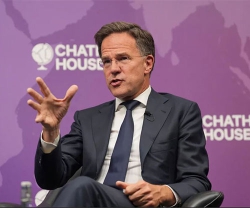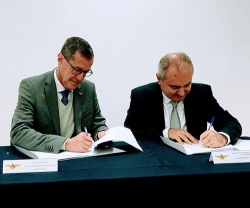Riyadh is hosting on April 29 and 30 the second international meeting of the Counterterrorism Centres of Excellence to discuss the impact of modern technologies on terrorism financing. The meeting will be attended by representatives from UN, international, and regional centres, alongside the Terrorist Financing Targeting Center (TFTC).
The TFTC was established in Riyadh on May 21, 2017, as a multilateral entity to enhance cooperation among seven countries: the Kingdom of Saudi Arabia, the United Arab Emirates, the Kingdom of Bahrain, the Sultanate of Oman, the State of Qatar, the State of Kuwait, and the United States, with the aim of disrupting terrorist financing networks and related activities.
The TFTC facilitates coordination, information sharing, and capacity building to target terrorist financing networks and activities of common concern that threaten the national security of member states. It draws on the expertise of participating countries to identify regional partners and provide them with the necessary capabilities to combat terrorist financing within their borders.
The TFTC was established based on a Memorandum of Understanding (MoU) signed between the Gulf Cooperation Council (GCC) states and the US to combat terrorism financing, reinforcing joint measures in accordance with the principle of mutual benefit. Saudi Arabia has actively contributed to the Centre’s efforts, which inaugurated its headquarters in Riyadh on October 25, 2017, complementing bilateral cooperation in information sharing and tracking terrorist financing networks.
The Centre coordinates actions such as joint sanctions designations against terrorists, dismantling financing networks, and providing specialised capacity-building support, including holding workshops aligned with Financial Action Task Force (FATF) standards. The TFTC is co-chaired by Saudi Arabia, represented by the Presidency of State Security, and the US, represented by the Department of the Treasury, with participation from the other member states.
The TFTC’s Executive Committee holds quarterly meetings to define strategic directions across three tracks: designations, information sharing, and capacity-building. Since its establishment, Saudi Arabia and the member states have conducted seven rounds of coordinated designations, targeting 97 individuals and entities affiliated with terrorist organisations.
As part of its capacity-building efforts, Saudi Arabia, in partnership with member states, has hosted 23 workshops aligned with United Nations Security Council Resolutions (UNSCRs) and FATF standards. Additionally, six sessions have been held to address emerging threats, along with training programs for mid-level experts.
Participants from member states include representatives from law enforcement, financial supervision authorities, judicial bodies, and international organisations such as the UN Analytical Support and Sanctions Monitoring Team. The TFTC has contributed to enhancing regional understanding of the risks of terrorist financing, enhancing partnerships, and exchanging expertise.
The establishment of the TFTC reflects Saudi Arabia’s efforts to combat terrorism and its financing at the local, regional, and international levels. This commitment is supported by adherence to UN Security Council resolutions, international conventions, and FATF standards, alongside Saudi Arabia’s technical and financial contributions to international and regional initiatives.

